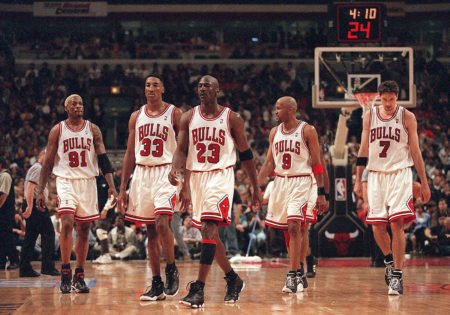The Canadian telecommunications giant, Rogers, has been ordered to produce records as part of the Competition Bureau’s investigation into their “Infinite” wireless plans.
The Bureau, which is responsible for enforcing competition laws in Canada, launched an investigation into Rogers’ Infinite plans in June 2019. These plans were marketed as offering unlimited data, but the Bureau received complaints from consumers that their data speeds were being throttled after a certain amount of usage.
In response to the Bureau’s investigation, Rogers had initially refused to provide certain records, citing confidentiality and privilege. However, the Federal Court has now ordered the company to produce these records, stating that they are relevant to the Bureau’s investigation and that any confidentiality concerns can be addressed through protective orders.
The Bureau has stated that it needs these records to determine whether Rogers’ Infinite plans were falsely advertised and if they violated the Competition Act. The Act prohibits false or misleading representations to the public, including in advertising.
Rogers has defended their Infinite plans, stating that they have always been transparent about their data management practices and that they have not violated any laws. They have also argued that the Bureau’s investigation is unnecessary, as the Canadian Radio-television and Telecommunications Commission (CRTC) has already reviewed and approved their plans.
However, the Bureau has stated that the CRTC’s review was not sufficient and that they have the authority to investigate potential anti-competitive behavior. They have also noted that the CRTC’s review did not address the issue of throttling data speeds.
The Bureau’s investigation into Rogers’ Infinite plans is ongoing, and the company is required to produce the requested records within 30 days. The Bureau has also stated that they will continue to monitor the wireless market and take action if necessary to protect consumers and promote competition.
This investigation is just one example of the Bureau’s efforts to ensure fair competition in the Canadian marketplace. In recent years, they have also launched investigations into other major telecommunications companies, such as Bell and Telus, for their advertising practices.
Consumers should be able to trust that the products and services they are purchasing are accurately advertised and that they are not being misled. The Bureau’s investigation into Rogers’ Infinite plans is an important step in ensuring that companies are held accountable for their advertising claims and that consumers are protected from false or misleading representations.
In the end, it is crucial for companies to be transparent and honest in their advertising practices, and for regulatory bodies like the Competition Bureau to hold them accountable when they are not. This not only protects consumers, but it also promotes fair competition in the marketplace, ultimately benefiting all Canadians.





